Honouring Rabindranath Tagore: 84 years of enduring legacy
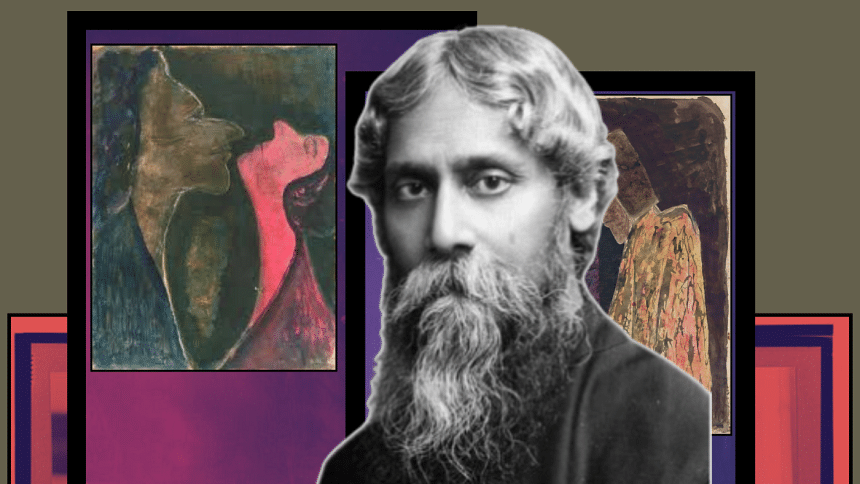
Eighty-four years after his death, Rabindranath Tagore remains a cultural force across the subcontinent. On this day in 1941 (Shraban 22, 1348) he died in his ancestral Jorasanko home in Kolkata. But his presence has never really faded.
Tagore was not simply a literary genius who gifted Bengali literature its modern form. He was an architect of consciousness. The first non-European Nobel laureate in literature, he brought Bengali language and thought into global conversation with "Gitanjali" in 1913. His creative output—across poetry, fiction, music, theatre, education, and political thought—was vast, but always anchored in a core idea: that art must be in service of the human spirit.
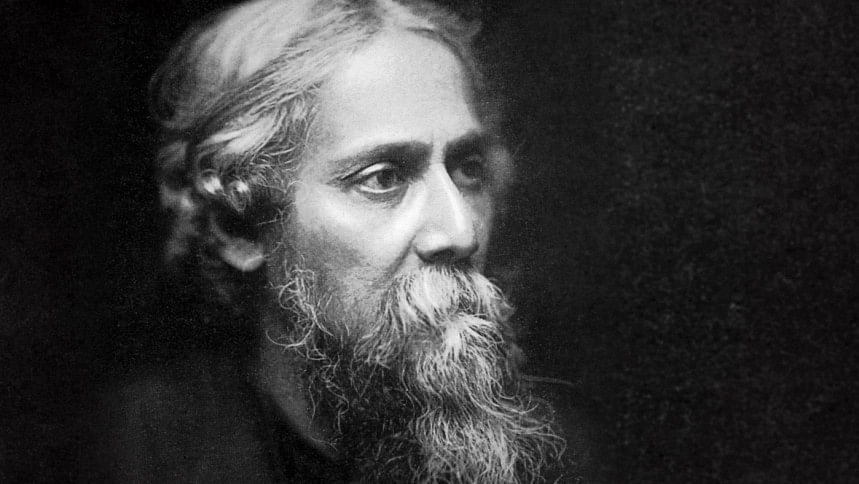
Tagore's songs stirred rebellion. His essays called for introspection. His schools rejected rote learning in favour of curiosity. He wrote of rivers and rain, of revolution and restlessness. He was a product of his time—and profoundly ahead of it.
In Bangladesh, his impact is embedded in national identity. "Amar Shonar Bangla," his ode to a fertile, wounded motherland, became the country's national anthem. During the 1971 Liberation War, his songs were sung on the frontlines. His name still anchors cultural institutions and remains shorthand for intellectual integrity.
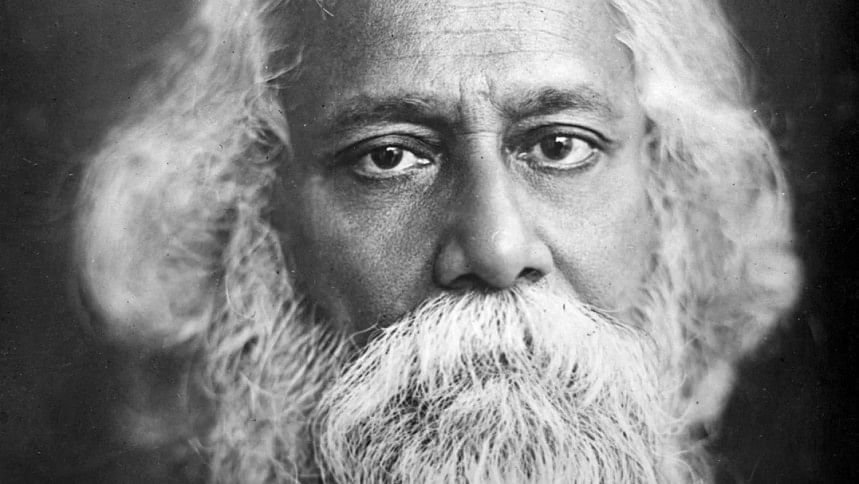
But what makes Tagore urgent in 2025 is not just nostalgia—it's necessity. We are living through a global cultural vacuum. Words are weaponised. Education is commodified. Art is sidelined in favour of algorithm-friendly content. And yet here stands Tagore: a man who believed education must shape values, that poetry must challenge power, and that music could move nations.
He built Visva-Bharati not to produce test-takers, but to nurture thinkers. He denounced his knighthood after the Jallianwala Bagh massacre—not because it was popular, but because it was right. He organised rural credit systems for farmers and championed decentralised development. This wasn't charity; it was a vision of equitable citizenship.

Tributes this week are plentiful. Chhayanaut hosts a commemorative programme tonight in Dhaka. Bangla Academy will follow with a seminar and cultural event tomorrow. These rituals matter—but what matters more is reckoning with what we've done with his ideas. Are we fostering the kind of education Tagore imagined? Are we amplifying the marginalised as he did in his stories? Or are we reducing him to an annual headline and a faded portrait?
Tagore's legacy does not demand reverence—it demands relevance. If we are to honour him, we must wrestle with the questions he raised: What does freedom mean when the mind is no longer fearless? What use is nationalism without compassion? Can progress exist without poetry?

He wrote, "Faith is the bird that feels the light when the dawn is still dark." Today, as democracy trembles and discourse coarsens, that faith—rooted in justice, beauty, and empathy—might be the most radical thing we can recover.
Tagore is not just a figure from the past. He is a provocation for the present.

 For all latest news, follow The Daily Star's Google News channel.
For all latest news, follow The Daily Star's Google News channel. 


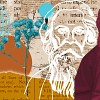





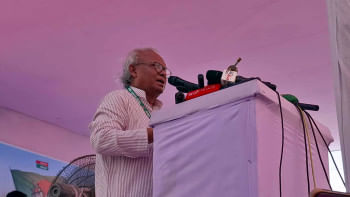
Comments